REVIEW
Published on 19 Oct 2022
Driving down malaria transmission with engineered gene drives
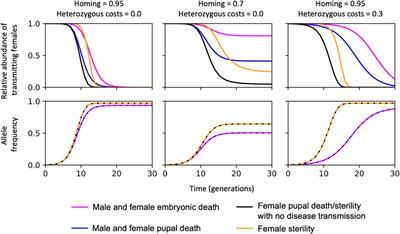
doi 10.3389/fgene.2022.891218
- 7,875 views
- 4 citations
5,984
Total downloads
27k
Total views and downloads
Select the journal/section where you want your idea to be submitted:
REVIEW
Published on 19 Oct 2022

ORIGINAL RESEARCH
Published on 30 Aug 2022
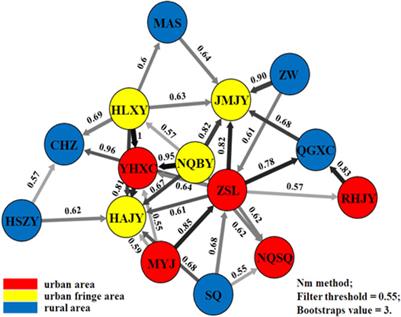
ORIGINAL RESEARCH
Published on 11 Apr 2022
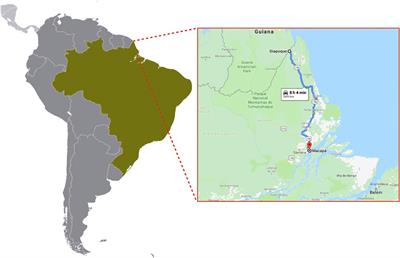
ORIGINAL RESEARCH
Published on 14 Feb 2022

PERSPECTIVE
Published on 06 Jan 2022
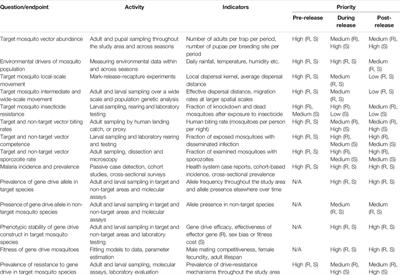
BRIEF RESEARCH REPORT
Published on 12 Nov 2021
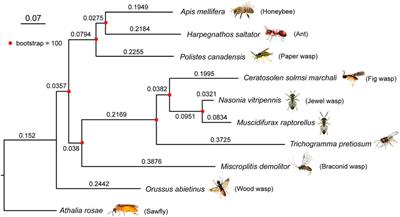

Frontiers in Ecology and Evolution